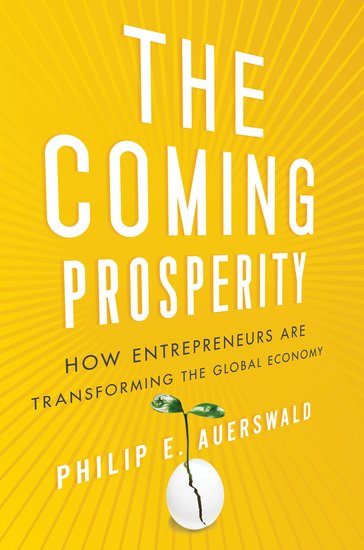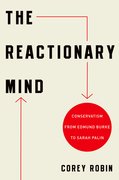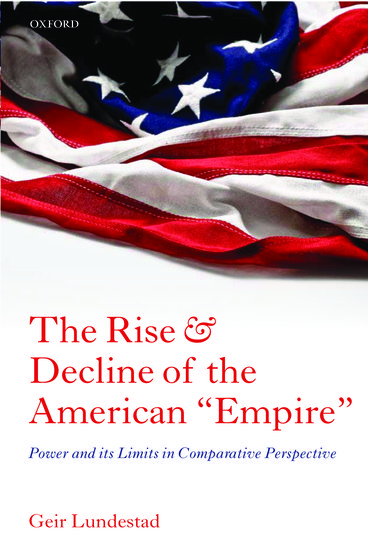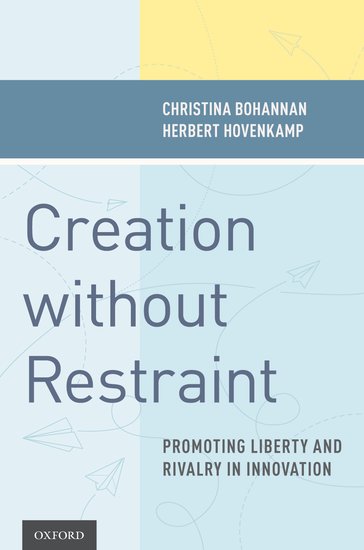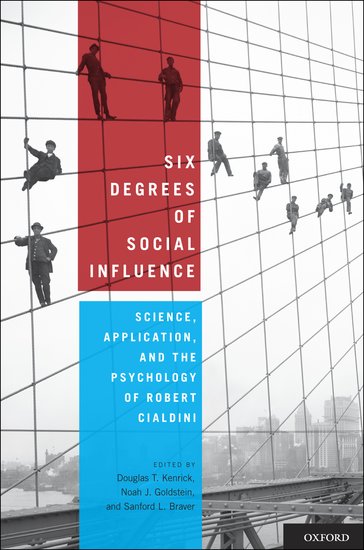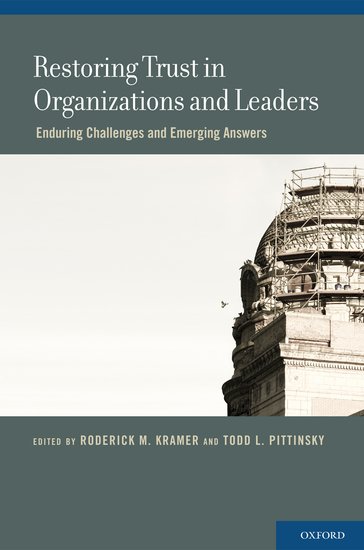Seduction by contract: do we understand the documents we sign?
By Oren Bar-Gill
We are all consumers. As consumers we routinely enter into contracts with providers of goods and services—from credit cards, mortgages, cell phones, cable TV, and internet services to household appliances, theater and sports events, health clubs, magazine subscriptions, and more.








